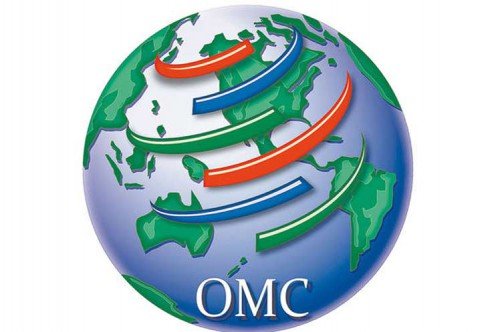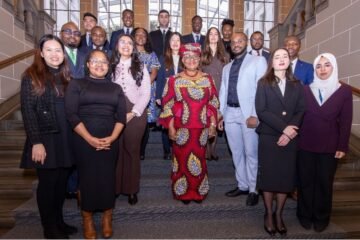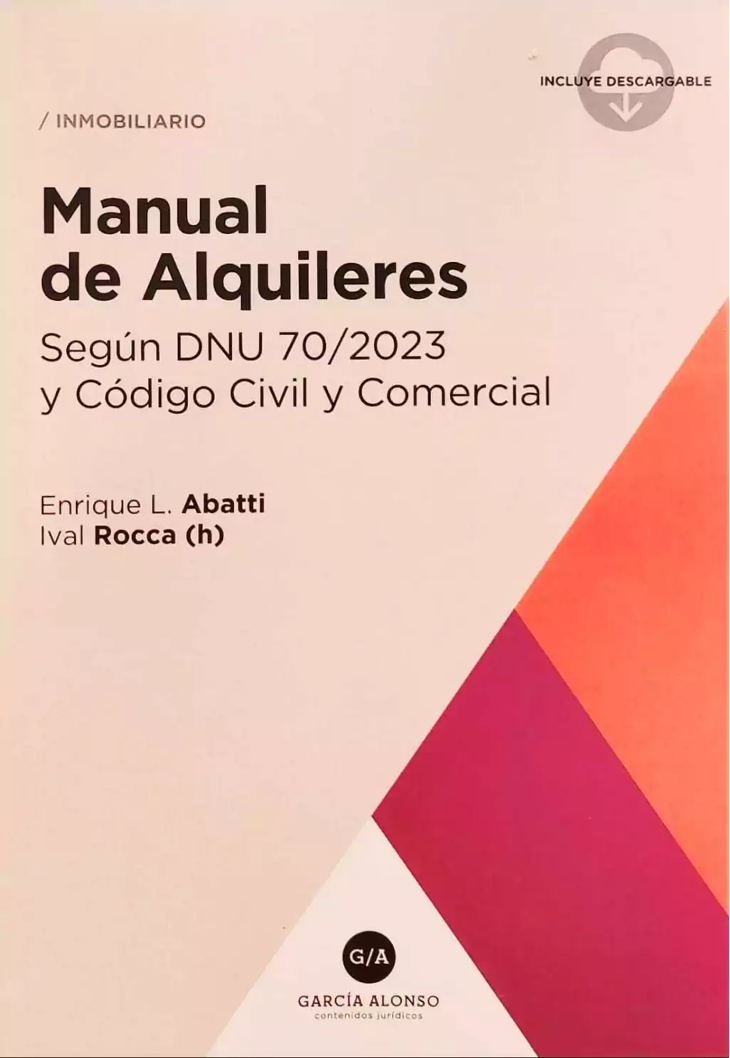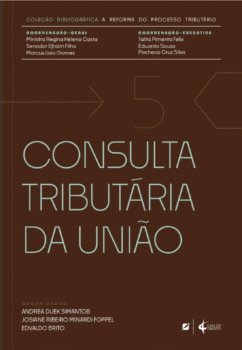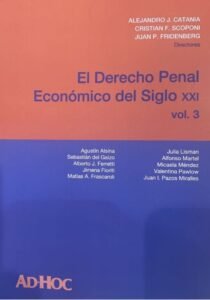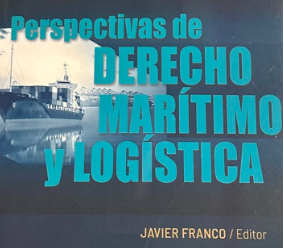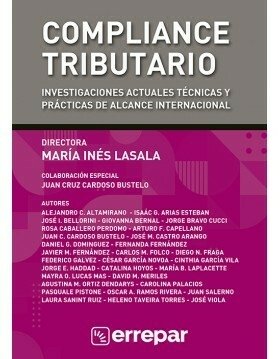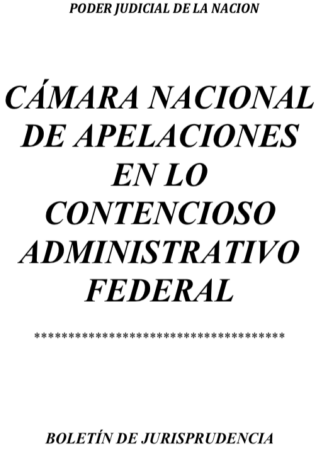OMC – Examinan la solicitud de exención del Acuerdo sobre los ADPIC e intercambian opiniones sobre la función de la propiedad intelectual en contexto de pandemia
En una reunión formal del Consejo de los Aspectos de los Derechos de Propiedad Intelectual relacionados con el Comercio (ADPIC) celebrada el 23 de febrero de 2021, los Miembros de la OMC prosiguieron sus debates sobre una propuesta de exención temporal de determinadas obligaciones dimanantes del Acuerdo sobre los ADPIC como respuesta a la COVID-19. Si bien los Miembros no pudieron llegar a una decisión sobre la propuesta, en los debates se pusieron de manifiesto varios entendimientos comunes sobre la función de la propiedad intelectual en un contexto de pandemia. Las delegaciones también destacaron el objetivo común de proporcionar un acceso oportuno y seguro a vacunas y medicamentos de alta calidad y asequibles para todos.
Members continued to address the proposal by India and South Africa (IP/C/W/669) requesting a waiver from certain provisions of the TRIPS Agreement for the prevention, containment and treatment of COVID-19, which had been circulated on 2 October 2020. It has since been co-sponsored by Kenya, Eswatini, Mozambique, Pakistan, Bolivia, Venezuela, Mongolia, Zimbabwe, Egypt, the African Group and the Least Developed Countries Group.
The waiver would cover obligations in four sections of the TRIPS Agreement — Section 1 on copyright and related rights, Section 4 on industrial designs, Section 5 on patents and Section 7 on the protection of undisclosed information. It would last for a specific number of years, to be agreed by the General Council, and until widespread vaccination is in place globally and the majority of the world’s population is immune. Members would review the waiver annually until termination.
Following up on previous TRIPS Council meetings, delegations exchanged views, asked questions, sought clarifications and provided replies, clarifications and information, including through documents IP/C/W/670, IP/C/W/671, IP/C/W/672, IP/C/W/673 and IP/C/W/674, on the waiver request. However, they could not reach consensus, including on whether it is appropriate to move to text-based negotiations. Members indicated a need for further discussions on the waiver request and views exchanged by delegations as these could provide valuable elements for future discussions and may assist governments to prepare for future pandemics.
In this context and given the lack of consensus on the waiver request, members agreed to adopt an oral status report to be presented to the General Council at its next meeting on 1-2 March. The report indicates that the TRIPS Council has not yet completed its consideration of the waiver request and therefore will continue discussions and report back to the General Council.
The chair, Ambassador Xolelwa Mlumbi-Peter of South Africa, stressed that the single most important priority of the global community is to stop the COVID-19 pandemic, halt its rapid transmission, reduce the risks of variants and reverse the trend of consequential global distress. “We know that this goal is only achievable when everyone, everywhere can access the health technologies they need for COVID-19 detection, prevention, treatment and response. This is a goal that members of the WTO have consistently repeated in their statements. Now more than ever, international cooperation and solidarity are vital to restore global health security, now and in future,” she said.
Ambassador Mlumbi-Peter noted the statement issued by the four WTO Directors-General on 1 February calling for heightened international cooperation, including ensuring the global availability of vaccines. She encouraged members to engage in a candid and good-faith discussion on what is required to scale up global production in these unprecedented times of a public health crisis. She also urged the WTO membership to demonstrate its commitment to the overarching goals of universal and equitable access to COVID-19 medical products not only in words but through action.
OMC

